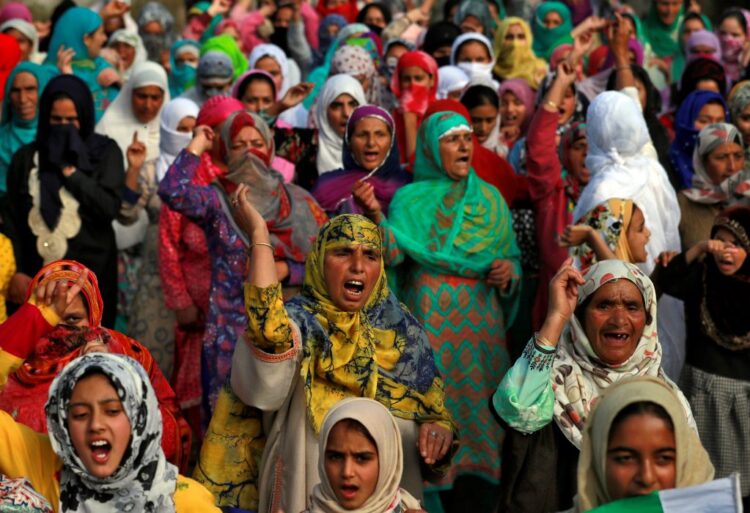In a latest discourse over the debilitating conditions of minorities in Pakistan occupied Kashmir and Gilgit Baltistan, the United Nations Human Rights Council activists raised the issue and voiced criticism against the policies implemented by the Pakistani government during the event.
Organized by the NEP-JKGBL (National Equality Party Jammu Kashmir, Gilgit Baltistan, and Ladakh), the event convened various activists, with panellists including Prof. Nicolas Levrat, Special Rapporteur on Minority Issues, and Konstantin Bogdanos, a journalist and former member of the Greek Parliament, as per a press release from the organizers. Additionally, Tsenge Tsering, Humphrey Hawksley, British journalist and South Asian affairs expert, and Sajjad Raja, founder chairman of the NEP-JKGBL, participated in the discussion. Joseph Chongsi of the Centre for Human Rights and Peace Advocacy moderated the event.
The focus of the side event was on the plight of minorities in Pakistan occupied Kashmir and Gilgit-Baltistan, as highlighted in the press release.
Bogdanos emphasized the importance of politicians and European citizens taking an interest in these issues, regardless of geographical distance. He strongly condemned the Pakistani government’s policies towards minorities and the militarization of territories, which transformed prosperous areas into hostile environments. Levrat addressed issues concerning minorities in the region, underscoring historical oversights and the challenges faced due to the absence of a closed list of minorities.
Tsering, a native of Gilgit-Baltistan, underscored the region’s significance in trade relations between Pakistan and China. Despite its prosperity, the population suffers from poverty, lack of educational and medical infrastructure, and food security risks, manipulated by the Pakistani government. He highlighted the absence of constitutional rights, voting rights, and legislative powers for the majority population in the region.
Hawksley advocated for peaceful resistance against oppressors and emphasized the necessity of developing these regions to prevent further crises. With the latest development it is necessary to ponder and be curious about how these entities benefit from their intervention into the atrocities faced by these people. Is it really to empower them, address their plight, or to find roots for hegemony in a vulnerable, weak region affected by mediocre policies?

















Comments